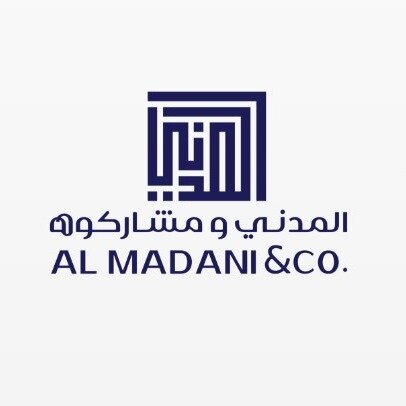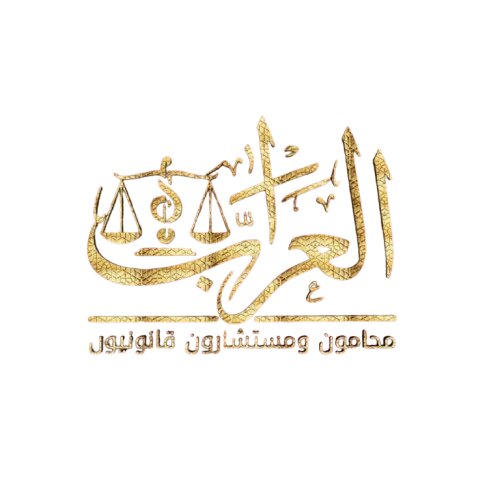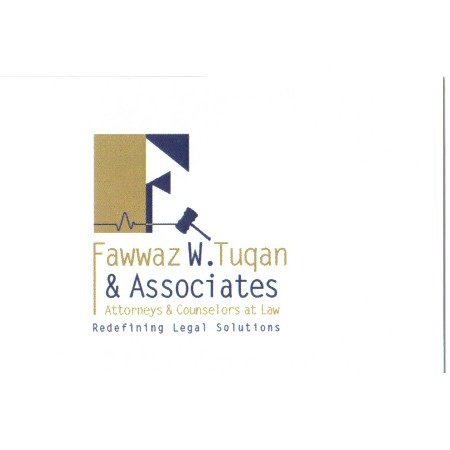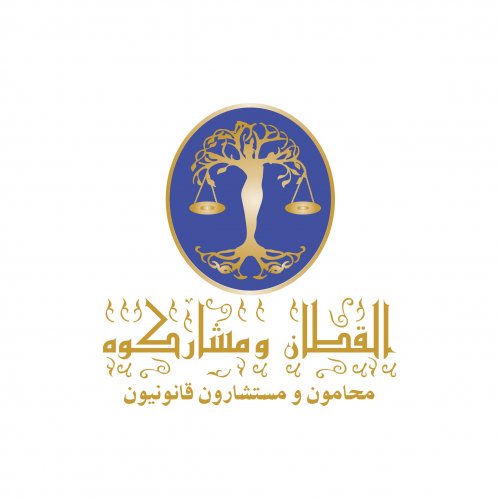Best Sanctions & Export Controls Lawyers in Amman
Share your needs with us, get contacted by law firms.
Free. Takes 2 min.
List of the best lawyers in Amman, Hashemite Kingdom of Jordan
About Sanctions & Export Controls Law in Amman, Hashemite Kingdom of Jordan
Sanctions and export controls law in Amman, Hashemite Kingdom of Jordan governs the movement of goods, technologies, and services across borders, ensuring compliance with both domestic regulations and international obligations. These laws are designed to protect national security, prevent the proliferation of weapons, support foreign policy objectives, and fulfill commitments under United Nations or regional sanctions regimes. In Jordan, government agencies and regulatory bodies collaborate to regulate exports, monitor trade, and enforce sanctions in accordance with the country's laws and international treaties.
Why You May Need a Lawyer
There are several circumstances where it is vital to consult a lawyer who specializes in sanctions and export controls. Common scenarios include:
- Planning to export goods, technology, or software from Jordan to another country and needing to ensure compliance with local and international regulations.
- Receiving governmental inquiries, inspection requests, or enforcement actions related to trade, export, or potential violations of sanctions.
- Facing a dispute or investigation arising from suspected dealings with sanctioned countries, entities, or persons.
- Intending to enter into partnerships or agreements with foreign individuals or organizations and being unsure whether partners are subject to sanctions.
- Needing to apply for export licenses, permits, or authorizations.
- Aiming to develop internal corporate policies or compliance programs to mitigate legal risks in cross-border operations.
- Handling assets, goods, or transactions that may be frozen, seized, or blocked due to sanctions measures.
Local Laws Overview
In Amman, Jordan, the legal framework for sanctions and export controls is shaped by a combination of national laws, ministerial decisions, and international obligations. Key components include:
- The Customs Law, which empowers customs authorities to regulate imports and exports, including controlling the movement of restricted items.
- The Weapons and Ammunition Law, prohibiting unauthorized transfer or export of certain goods.
- Various decrees and regulations issued by the government to implement United Nations Security Council Resolutions and other agreed-upon international sanctions.
- Compliance requirements overseen by agencies such as the Ministry of Industry, Trade and Supply, as well as the Central Bank of Jordan when financial transactions may be subject to sanctions controls.
- Specific licensing regimes, registration duties, and documentation obligations for exporters.
- Punitive measures and criminal penalties for violations, including fines, seizure of goods, and potential imprisonment, depending on the severity of the offence.
It is essential for businesses and individuals involved in cross-border transactions in Jordan to stay up to date on regulatory developments and consult with legal professionals familiar with the current laws.
Frequently Asked Questions
What are export controls?
Export controls are government regulations that restrict or monitor the transfer of certain goods, software, or technology to other countries for reasons related to national security, foreign policy, or international obligations.
What are sanctions?
Sanctions are measures imposed by governments or international bodies to restrict trade or financial dealings with specified countries, entities, or individuals to achieve policy or security objectives.
Do Jordan's sanctions apply to all individuals and businesses in Amman?
Yes, both local and foreign businesses, as well as individuals operating in Jordan, are required to comply with Jordanian sanctions laws and regulations.
What items are commonly controlled under Jordanian export regulations?
Items subject to controls include military goods, dual-use technologies (civilian and military applications), chemical substances, sensitive software, and sometimes certain consumer goods depending on the destination country.
How can I check whether my business partner is subject to sanctions?
You should conduct due diligence by checking official lists maintained by the Jordanian government and relevant international organizations. Consulting with a legal expert can help ensure thorough screening.
Which authorities enforce sanctions and export controls in Amman?
The Ministry of Industry, Trade and Supply, the Jordan Customs Department, and the Central Bank of Jordan are the primary enforcers of sanctions and export control laws. Other agencies may also be involved depending on the case.
What are the consequences of violating sanctions or export controls in Jordan?
Violations can lead to significant penalties, including fines, confiscation of goods, restrictions on future trade activities, or even criminal prosecution and imprisonment in serious cases.
Are there exceptions or licenses available for restricted exports?
Yes, in certain cases, exporters may apply for special licenses or permits for controlled items or transactions. Each application is reviewed on a case-by-case basis by the relevant authorities.
Do international sanctions impact transactions in Jordan?
Yes, Jordan enforces United Nations Security Council sanctions and may also implement additional restrictions consistent with its foreign policy. Businesses must consider both Jordanian and international sanctions regimes.
How do I ensure my company is compliant with sanctions and export controls?
Establishing a robust internal compliance program, seeking regular legal advice, training staff on regulatory developments, and conducting due diligence in transactions are recommended steps for remaining compliant.
Additional Resources
To seek guidance or verify regulatory requirements related to sanctions and export controls in Amman, you may contact:
- The Ministry of Industry, Trade and Supply
- The Jordan Customs Department
- The Central Bank of Jordan
- United Nations Security Council Sanctions Committee (for international sanctions lists)
- Jordanian Bar Association (to locate qualified legal counsel)
- Industry chambers or trade associations with expertise in cross-border transactions
Next Steps
If you believe sanctions or export controls issues may affect your business or personal activities in Jordan, it is advised to follow these steps:
- Identify the specific goods, technologies, persons, or entities involved in your transactions.
- Consult public resources and relevant authorities to understand the applicable requirements and restrictions.
- Seek a qualified lawyer in Amman specialized in sanctions and export controls to review your situation and provide tailored legal advice.
- Develop or update your compliance and due diligence processes to mitigate legal risk.
- Prepare necessary documentation and obtain licenses or permits as required before proceeding with any cross-border activities.
- Remain proactive in monitoring changes to local and international laws affecting your operations.
By engaging with knowledgeable legal experts, staying informed of legal obligations, and following best practices, you can significantly reduce your risks under Jordanian sanctions and export controls law.
Lawzana helps you find the best lawyers and law firms in Amman through a curated and pre-screened list of qualified legal professionals. Our platform offers rankings and detailed profiles of attorneys and law firms, allowing you to compare based on practice areas, including Sanctions & Export Controls, experience, and client feedback.
Each profile includes a description of the firm's areas of practice, client reviews, team members and partners, year of establishment, spoken languages, office locations, contact information, social media presence, and any published articles or resources. Most firms on our platform speak English and are experienced in both local and international legal matters.
Get a quote from top-rated law firms in Amman, Hashemite Kingdom of Jordan — quickly, securely, and without unnecessary hassle.
Disclaimer:
The information provided on this page is for general informational purposes only and does not constitute legal advice. While we strive to ensure the accuracy and relevance of the content, legal information may change over time, and interpretations of the law can vary. You should always consult with a qualified legal professional for advice specific to your situation.
We disclaim all liability for actions taken or not taken based on the content of this page. If you believe any information is incorrect or outdated, please contact us, and we will review and update it where appropriate.














